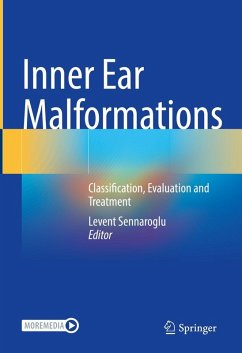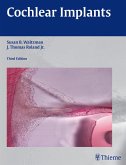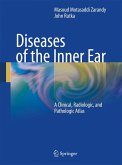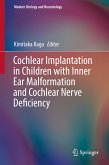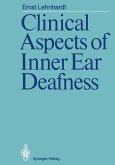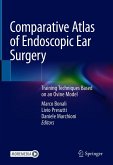IEMs are common, accounting for roughly 20% of congenital hearing loss cases, and can be difficult to manage: 8 groups are identified, which are completely different from each other. With a wealth of color figures and extra videos, the book provides an in-depth description of all the relevant aspects: from histopathology assessment, to preoperative evaluation, genetics, different surgical and non-surgical options, and outcomes. The results from two international Consensus Pediatric Auditory Brainstem Implantation Meetings are also included.
Written by leading experts in the field, this volume will be an invaluable and multidisciplinary tool for otolaryngologists,audiologists and radiologists, while also benefiting scientists dealing with genetics, and neurosurgeons dealing with brainstem implants.
Dieser Download kann aus rechtlichen Gründen nur mit Rechnungsadresse in A, B, BG, CY, CZ, D, DK, EW, E, FIN, F, GR, HR, H, IRL, I, LT, L, LR, M, NL, PL, P, R, S, SLO, SK ausgeliefert werden.

